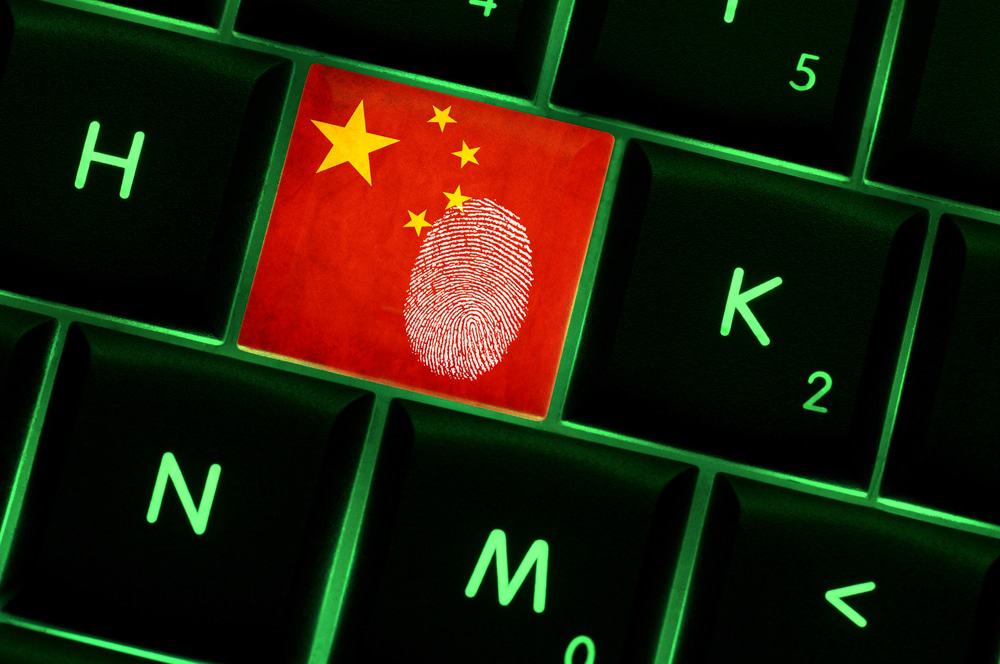TECH

Artificial Intelligence poses job and inequality risk
"Although it is believed that new technologies will indeed create new professions and jobs, it is not obvious that it is possible to re-educate people who will be out of work due to the introduction of these new technologies," writes Arlindo Oliveira in the essay "Artificial Intelligence ", which will be launched today by the Francisco Manuel dos Santos Foundation.
Arlindo Oliveira believes that the changes may be "too fast" and the training needs "too demanding" and indicates "indications that the number of jobs that will be eliminated is probably higher than the number of jobs that will be created" because it will be harder to find all the necessary qualified people.
The president of Instituto Superior Técnico points out in the essay that another risk has to do with the inequalities in the distribution of wealth, starting with the possibility that the conditions to apply the technology be concentrated in a single company in each area of activity.
"It is important to ensure that the economic gains will be distributed by all elements of society and will not contribute to creating greater ditches between the richest and the poorest," argues Oliveira.
From the "Big Bang" to the future of the human species in the Cosmos, Arlindo Oliveira, author of several books on technology topics, says that it is "reasonable" to expect that "probably before the end of the 21st century" there will be systems with " or even indistinguishable from the behavior of human beings in a vast set of circumstances. "
Focusing on the future of the species beyond the planet Earth, Arlindo Oliveira projects that "it is unlikely that" in the future, the human body is "the only way to support human intelligence."
Conjectured beyond the limits of the galaxy over the expansion of the human species in the universe, the author imagines "alternative solutions" to bypass problems like the "many centuries" that would take any interstellar voyage to find a habitable planet.
"Autonomous and intelligent computers" could "propagate human civilization through the galaxy," in craft where genetic information would enable these computers to synthesize human embryos to populate these unfamiliar worlds.
If artificial intelligences reach this point of evolution and sophistication, "they will not be" only partners in the construction of the society of the future, they will be, to a certain extent, our descendants, representatives of human nature in the distant future and space, "he concludes.
Lusa Agency

No comments:
Post a Comment